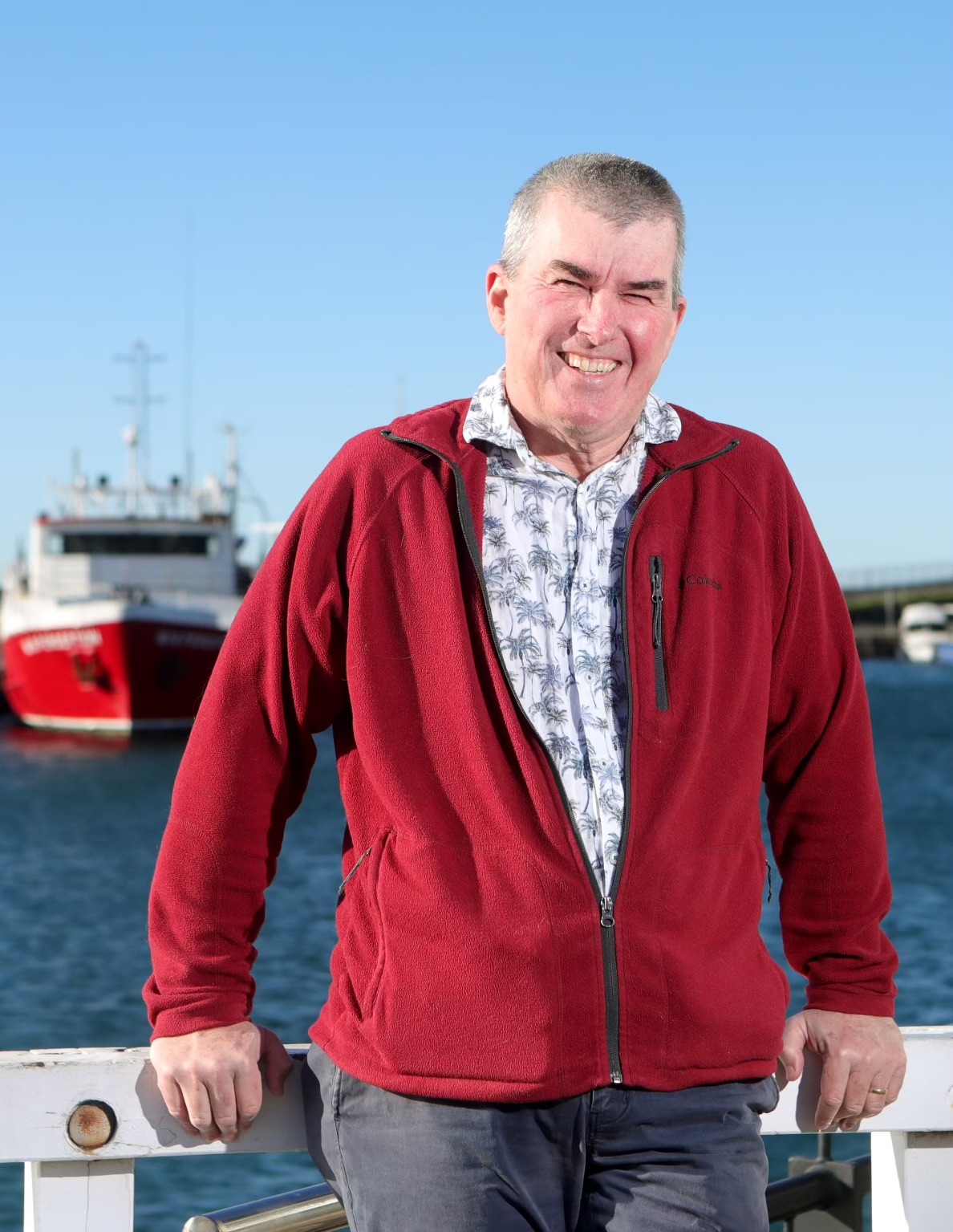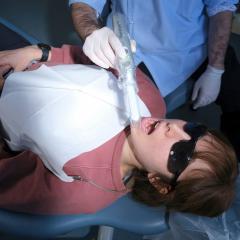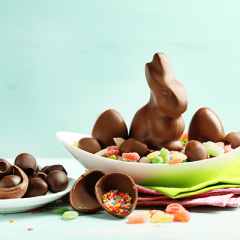Recently, we caught up with Dr Michael Foley, UQ Senior Lecturer and dentist, who is currently completing a PhD in dental public health. Dr Foley has also recently been appointed a Member of the Order of Australia (AM) for his significant service to community health and to dental education.
What inspired you to undertake a PhD?
 I've spent most of my career as a public sector dentist and manager, working in hospitals and clinics, schools, and prisons. After years of advocating for water fluoridation in Queensland, I wanted to learn more about public health, so enrolled in a Master of Public Health at UQ in 2009, then added some more subjects to get a Master of Epidemiology degree. Learning about the social determinants of health, how health systems work, evidence-based healthcare, the different types of research trials, how to analyse quantitative data and evaluate health interventions was a real eye-opener.
I've spent most of my career as a public sector dentist and manager, working in hospitals and clinics, schools, and prisons. After years of advocating for water fluoridation in Queensland, I wanted to learn more about public health, so enrolled in a Master of Public Health at UQ in 2009, then added some more subjects to get a Master of Epidemiology degree. Learning about the social determinants of health, how health systems work, evidence-based healthcare, the different types of research trials, how to analyse quantitative data and evaluate health interventions was a real eye-opener.
For the first time in my life, I could understand the methodology section in research papers! Those studies led to teaching a research methods course at the UQ Dental School for a few years. In 2017, a major restructure in Metro North Oral Health and a new job came with the chance to put some of those skills to use and enrol in a part-time research higher degree.
What are your key research interests?
Mostly dental epidemiology and water fluoridation, but also dental history.
What is your PhD research project about?
Specifically, I examine associations between demographic and socioeconomic and water fluoridation exposure variables and dental caries prevalence and parental ratings of their child's oral health status outcome variables. More broadly, health inequalities associated with socioeconomic status, and causality - how we decide if an observed association between exposure variable 'a' and outcome variable 'b' is an artefact of chance, bias or confounding, or a true association.
If it's a true association, does a only predict b, or does a cause b? My most recent paper has been about definitions of health and oral health, and how and why these definitions have changed substantially over the centuries. It combines public health dentistry and dental history, and it's also a fascinating story! It's not an easy fit for a dental journal, but I hope it's accepted somewhere.
What do you enjoy most about being a PhD student?
Learning new skills, and mixing with people who are smarter than I am.
What is one piece of advice you would give to someone thinking about studying a PhD?
Don't leave it as late as I did. If you have the time and the passion, enrol as soon as you can. Find a good supervisor. You'll get to know your supervisor/s very well over the next few years, so approach someone you respect and whose work you admire. Have an idea of the research project you want to undertake, but also be open to change if you hit a dead end, or your findings steer you in a slightly different direction. Progress can be slow, but it's still progress. Developing writing skills is very important, and I still need to work at this. But publishing a paper in a good journal and adding just a little to our health knowledge base is always a thrill.
What three words would you use to describe the life of a PhD student?
Rewarding, educational, and (thankfully only occasionally) frustrating.
What do you like to do in your spare time when you are not working on your PhD?
Bushwalking, particularly long-distance walks. National parks, nature reserves and scenic areas are good for the soul. Over the years my wife and I have done many short walks, multi-day and even multi-week walks in Australia, New Zealand, UK, and Europe. I chair the Australian Dental Association's Oral Health Committee that helps to coordinate Dental Health Week each year and am on an ADA Queensland committee setting up a wonderful little dental museum in the ADAQ offices in Bowen Hills. I also enjoy watching rugby league, particularly the Cowboys and Broncos.
What are three words your fellow PhD students would use to describe you?
As an external student I don't meet too many other PhD students, but my colleagues might describe me as a dinosaur (in popular culture and matters technological), easy-going, fashion challenged.
Where do you see yourself in 10 years?
Probably retired and enjoying more travel and walking, but hopefully still involved in dentistry and the dental profession. Dentistry has been a wonderful career, and I enjoy it as much as I ever did.


